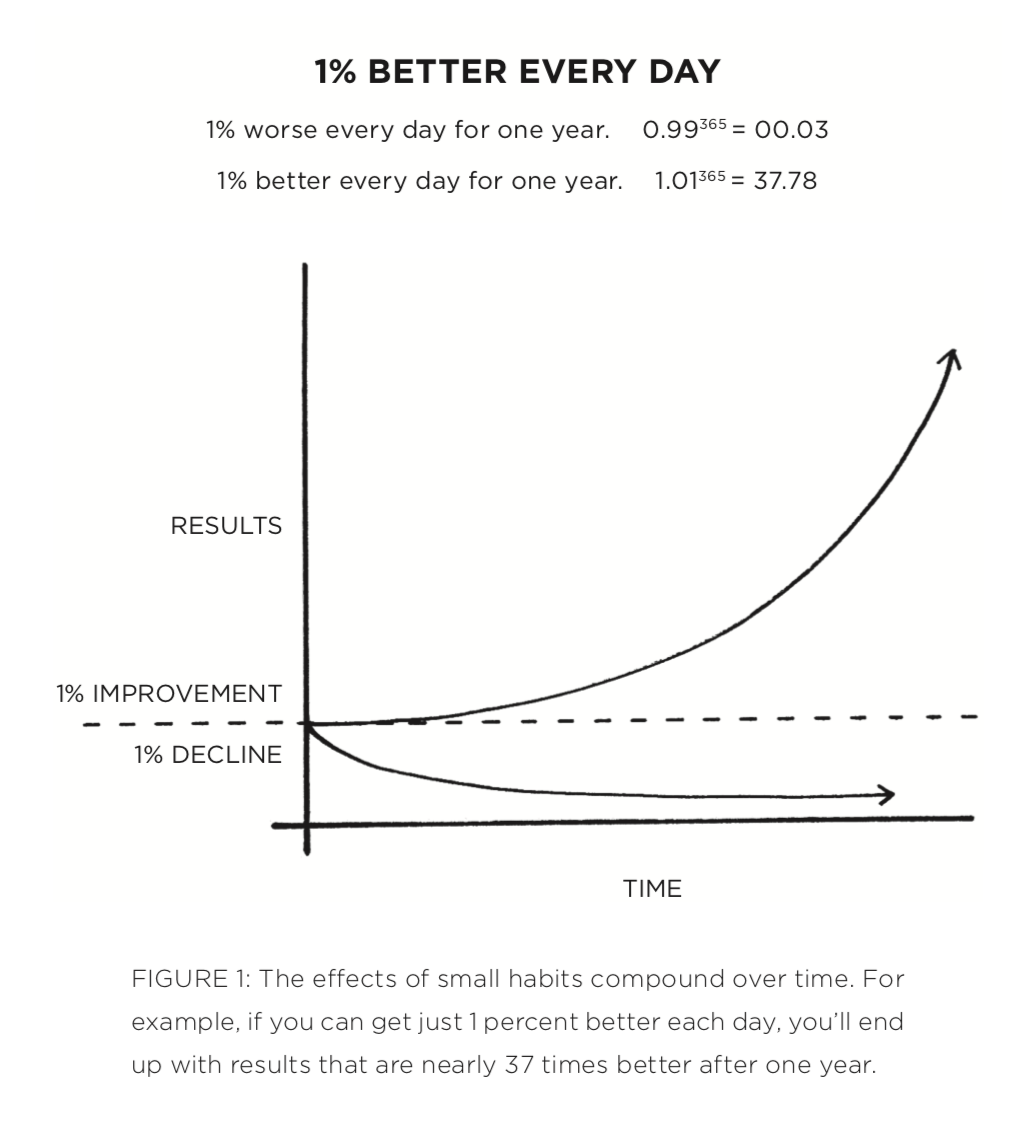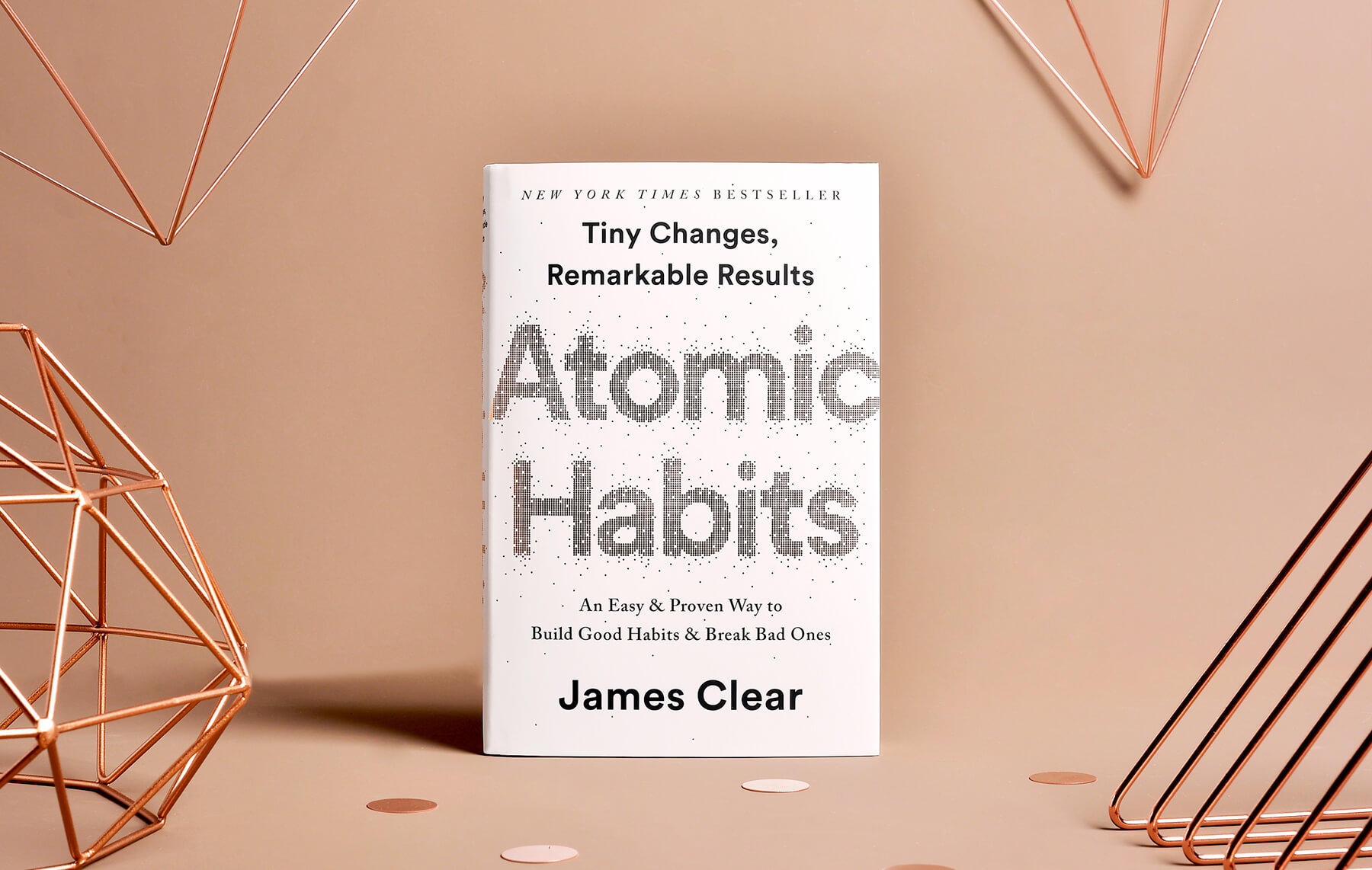Short Stories & Articles

This page shares a collection of short stories, articles, and notes on Cultural mindset, Thoughts, Self-improvement, Simple living, Personal development, and experience.
Table of Contents
Building Systems over Goals
This is an excerpt from the Atomic Habits book.
Most of the people, including me, have goals. But most have failed to achieve their goals. Because they don't have the systems to achieve goals. James Clear discussed problems of goals:
- Problem #1: Winners and Losers have the same goals.
- Problem #2: Achieving a goal is only a momentary change.
- Problem #3: Goals restrict your happiness.
- Problem #4: Goals are at odds with long-term progress.
The author also explains the difference between goals and systems. Goals are about the results you want to achieve. Systems are about the processes that lead to those results.
For example,
- If you are a coach, your goal might be to win a championship. Your system is the way you recruit players, manage your assistant coaches, and conduct practice.
- If you are an entrepreneur, your goal might be to build a successful business. Your system is how you test product ideas, hire employees, and run marketing campaigns.
So, are goals are completely useless? Of course not.
Simply,
Goals are good for setting a direction, but Systems are best for making progress.
A System of Atomic Habits
The core theme or overall system of the Atomic Habits book is 1% better every day. That means building good habits focusing on small, incremental changes that accumulate over time, leading to big and remarkable results, instead of relying on motivation and willpower.

James Clear encourages building overall systems and environments to make good habits inevitable and bad habits harder, instead of relying on only setting goals.
An atomic habit refers to a small or tiny change, a marginal gain, 1% improvement. Just as atoms are building blocks of molecules, atomic habits are building blocks of big, long-term, and remarkable results.
What SRE Culture Really Means
The essence of SRE (Site Reliability Engineering), as I understand it, is to create a good working environment in organizations and to ensure that software systems run quickly and smoothly, and focus on reliability.
It can be applied to anyone who works in an organization, not just an SRE or DevOps Engineer.
It can be divided into two parts:
- Cultural Mindset - Helps create a good working environment.
- Tools - Helps to achieve the goals or principles of SRE or DevOps. For example, tools are used for automation.
If you ask "If you can use CI/CD tools, Cloud, Docker, Kubernetes and so on, then you have it, right?"
But it will not be a good working environment. You also need to use tools, and you will be more complete only if you know SRE cultural mindset and apply it in practice. These SRE mindset helps a lot to build a good team.
I would like to talk about mainly Blameless Culture. If you work with many people, you will not have any inconveniences, Mistakes are inevitable. Instead of blaming, we can say that it is a culture that sees these mistakes as opportunities and encourages us to learn from them and how to prevent them next time. From the perspective of the person who made the mistake, we feel psychologically safety. (To be honest, I have made mistakes myself.)
For example, let's say you are leading a team. If a junior makes a mistake, you have two options.
- (1) Do you blame and scold him?
- (2) Or do you learn from this mistake and give him a positive way to avoid it next time.
From the perspective of the person who made the mistake, Number 2 is you feel psychologically safety and more positive. Members from the team can also have better communication.
Reference Links:

Habit Stacking: The Best Way to Start a New Good Habits
Habit Stacking
What is it? It is easy to say that after a current habit, you start a new habit.
Format:
After I do [CURRENT HABIT], I will do [NEW HABIT]
For example:
After watching the news every night, I read for 30 minutes.
Habit Stacking works for me. Doing this tiny habits every day is more effective than doing it for two hours a week. I encourage you to try this method.
Many people think that these tiny habits are not very effective and that they don't produce good results. But in reality, they really work.
Why are Tiny Habits so effective?
(1) Ease of doing
Small habits are easy for everyone to do. You can easily incorporate them into your daily routine.
(2) Consistency
Small exercises are more consistent. This should not be done randomly, but rather as a regular daily routine — you should specify what you will do after each task. Having a daily routine is scientifically good for your brain health. This is because the brain knows that it will do the tasks it needs to do at that time without having to think too much. It is more comfortable for the brain. Otherwise, the brain would be thinking about what to do.
(3) Compound Effect
What is the Compound Effect? By doing small daily routines, you will get big results over time. If you do 1% a day and repeat it for a year, you will lead to good results. This is mainly discussed in the Atomic Habits book.
(4) Mentally it motivates you to do more
By doing these small daily exercises, you will feel like small win and you have done something, which will motivate you to do more the next day. Another thing is that it is not a big deal, but every time you do something, you release dopamine. This gives you a sense of satisfaction and happiness, which motivates you to keep doing it.
Reference Links:


